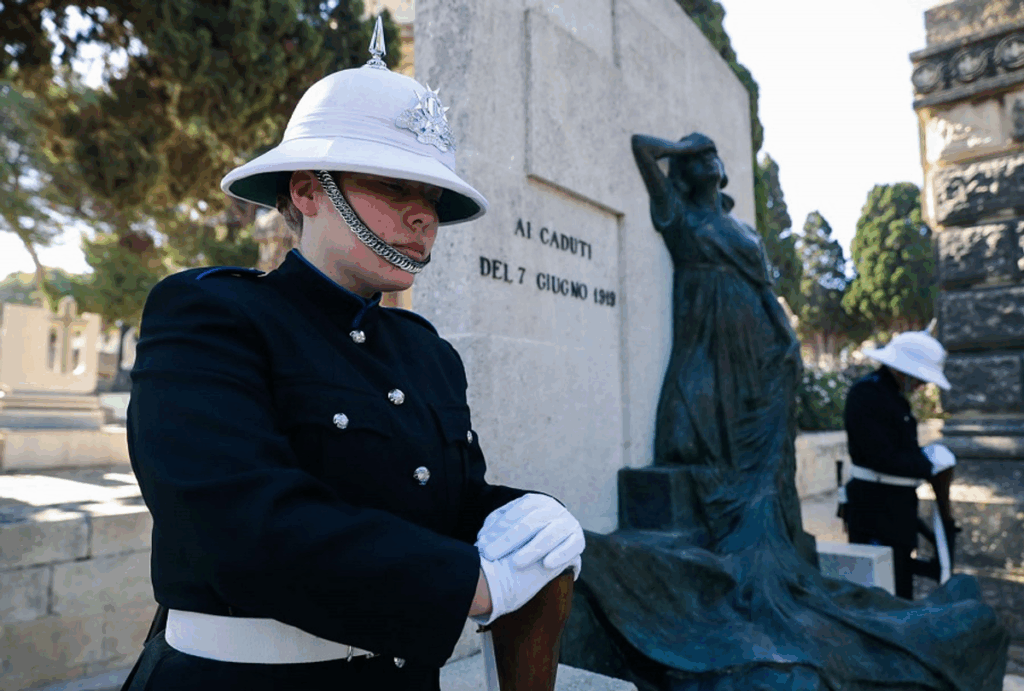Malta’s position in the Mediterranean sea has made the islands a strategically important location since classical times, with the islands passing from one ruler to another through the ages.
In 1800, the British had assisted Malta in removing the occupying French forces and the Maltese people had asked to become a sovereign nation in the British Empire. This was ratified in the treaty of Paris in 1815.
Following the end of World War I, tensions had been rising due to the inability of the colonial government to ensure basic supplies to the island. This had led to some merchants being seen to have made a lot of money from the situation, while others fared badly.
Added to this was the feeling that political moves for greater autonomy and independence for Malta were seemingly going unheard.
In early June 1919, a change in the governor of the island was treated with scepticism by some and on June 7th, a crowd started removing British flags from buildings that had been flying at half-mast across the island due to the recent death of the President of the Court.
The mob grew in size and turned their attention to the homes of the merchants who had been doing well from the recent supply issues. It was at one of these houses that a standoff between the mob and the army ended in tragedy with the soldiers firing and killing three protestors and injuring fifty others. The uprising continued for a few days during which time, a fourth civilian died from injuries received while resisting arrest.
The uprising was short-lasting, but the bloody events of June 7th 1919 led to the National Assembly drafting the new Constitution. Two years later, Malta was given responsibility for self-government and home affairs and the first Maltese Parliament was set up
